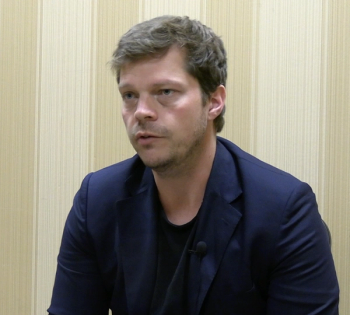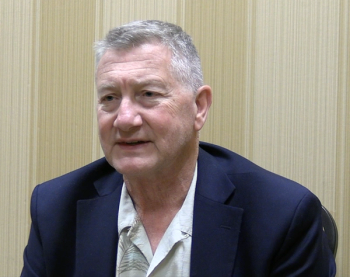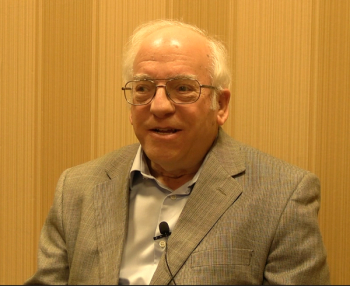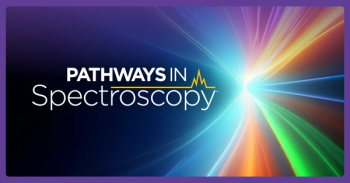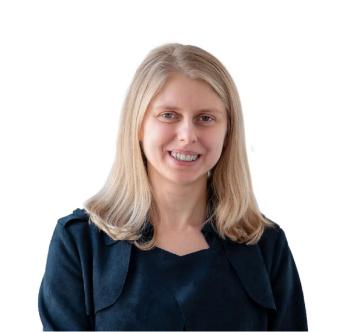
Gulf Coast Conference: Elena Hagemann Discusses Using Raman and NIR to Analyze Petrochemicals
At the 2023 Gulf Coast Conference, Spectroscopy spoke with Elena Hagemann of Metrohm USA, about spectroscopy in relation to petrochemicals. This interview was one of four conducted live at GCC 2023.
Hagemann spoke during the 2023 Gulf Coast Conference (GCC) in Galveston, Texas, with one of her lectures being titled, "Spectroscopy in Petrochemicals: Elevating Quality, Boosting Efficiency, and Driving Profits."
Elena Hagemann is the Product Manager for Process Spectroscopy at Metrohm USA in Riverview, Florida. She holds a master’s degree in Analytical and Bioanalytical Chemistry from the Applied University of Aalen, Germany, where her master thesis focused on Karl Fischer Titration, NIR Spectroscopy, and Multivariate Data Analysis. Elena joined the Metrohm Group in August 2013 and started with Metrohm USA in January 2018, focusing on Raman and NIR Spectroscopy.
Spectroscopy sat down with Hagemann to discuss the following questions:
- Can you give us a brief overview of the work you'll be presenting (00:16–01:37)?
- Why are Raman and NIR spectroscopy useful in the petrochemical industry (01:38–03:08)?
- You mention how spectroscopic applications can help improve the performance and quality of products like crude oil, refined petroleum, lubricants, and more. Can you explain why this is (03:09–03:46)?
- What challenges might you face when using Raman and NIR spectroscopy to analyze petrochemicals (03:47–05:39)?
- Is there anything we're not asking you that you think would be interesting for viewers to know (05:40–06:31)?
Our interview with Hagemann was one of four conducted live at GCC 2023. The other GCC interviews can be found below:
Newsletter
Get essential updates on the latest spectroscopy technologies, regulatory standards, and best practices—subscribe today to Spectroscopy.

